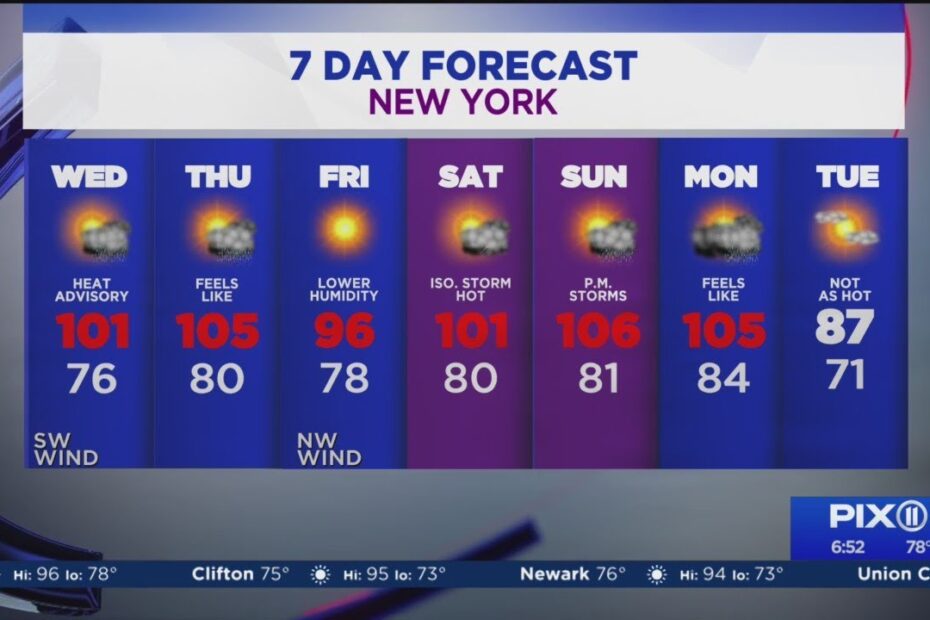What’s the Average Temperature in New Jersey? A Complete Guide
New Jersey experiences a humid subtropical climate in the south and a humid continental climate in the north, leading to varying average temperatures across the state. The annual average temperature in New Jersey typically ranges from 50°F to 55°F, depending on the region. Coastal areas, such as Atlantic City, tend to be milder due to the influence of the Atlantic Ocean, while inland and northern regions, like Sussex County, see more significant temperature fluctuations.
Seasonal Temperature Breakdown
Winter: December to February is the coldest period, with average temperatures ranging from 25°F to 40°F. Northern areas often experience snowfall and freezing conditions, while the southern coast remains slightly warmer.
Spring: March to May brings milder weather, with averages climbing from 40°F to 65°F. This season is characterized by gradual warming and occasional rain showers.
Summer: June to August is the warmest time, with average temperatures between 70°F and 85°F. Humidity levels rise, especially in urban areas, making it feel hotter.
Fall: September to November sees temperatures cooling down, ranging from 50°F to 70°F. Crisp air and vibrant foliage make this a popular season for outdoor activities.
Regional Variations
- Northern New Jersey: Colder winters and cooler summers due to higher elevations and inland location.
- Central New Jersey: Moderate temperatures year-round, with slightly warmer summers and cooler winters than the south.
- Southern New Jersey: Warmer winters and hotter summers influenced by the Atlantic Ocean and Delaware Bay.
New Jersey’s diverse geography and proximity to the ocean create a wide range of temperature patterns, making it essential to consider location when planning activities or understanding the state’s climate.
How Does New Jersey’s Temperature Impact Your Daily Life?
New Jersey’s diverse climate, characterized by hot summers and cold winters, plays a significant role in shaping daily routines and activities. During the summer months, temperatures often soar above 90°F, making outdoor activities like hiking, beach trips, or even commuting more challenging. Heatwaves can lead to increased energy consumption as residents rely heavily on air conditioning to stay comfortable. This not only impacts utility bills but also raises concerns about energy sustainability.
In contrast, winters in New Jersey can be harsh, with temperatures frequently dropping below freezing. Snowstorms and icy conditions can disrupt transportation, making commuting to work or school more difficult. Winter weather also necessitates additional preparations, such as shoveling driveways, salting sidewalks, and ensuring proper heating systems are in place. These seasonal extremes require residents to adapt their lifestyles, from wardrobe choices to daily schedules.
Seasonal Health Considerations
The fluctuating temperatures in New Jersey also affect health and well-being. Summer heat can lead to dehydration, heat exhaustion, or even heatstroke, especially for vulnerable populations like the elderly or young children. On the other hand, cold winter weather increases the risk of illnesses such as the flu or frostbite. Staying hydrated in the summer and bundling up in the winter are essential practices to mitigate these risks.
Impact on Outdoor Activities and Recreation
New Jersey’s temperature variations influence the types of outdoor activities residents can enjoy throughout the year. In warmer months, parks, beaches, and outdoor events thrive, while colder months shift focus to indoor activities or winter sports like skiing and ice skating. These seasonal changes not only affect personal hobbies but also impact local businesses that rely on weather-dependent tourism.
